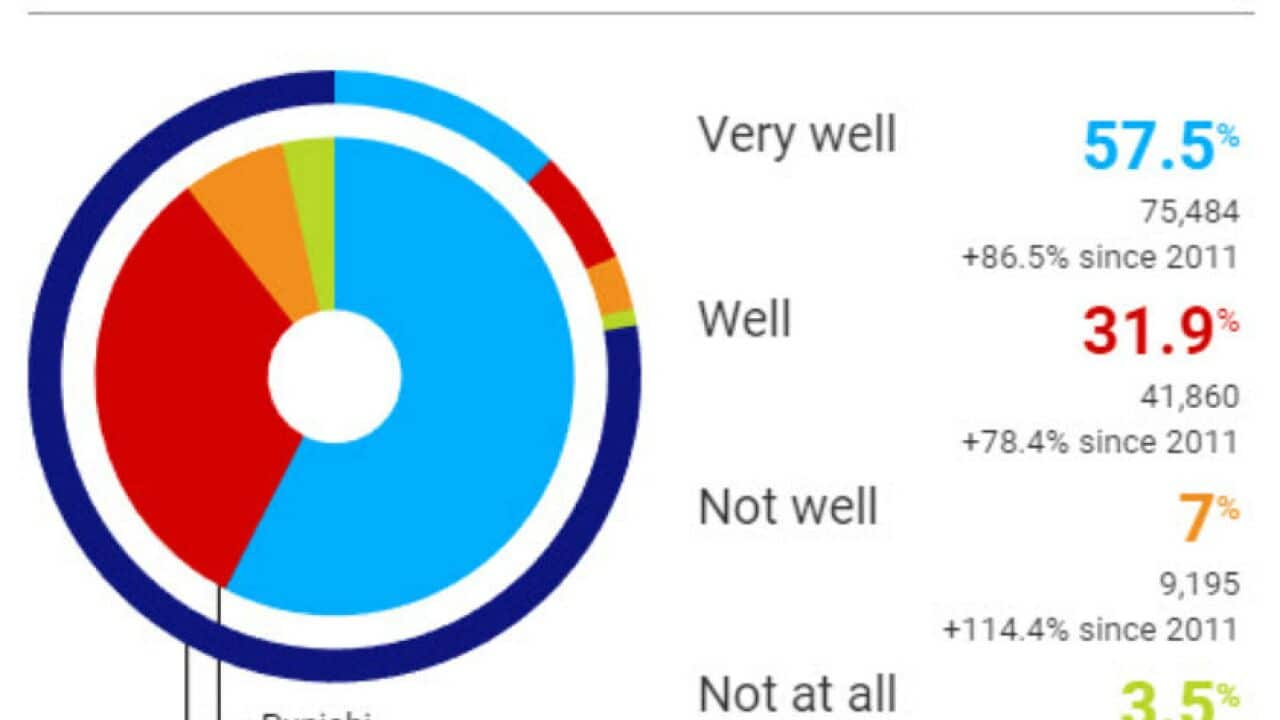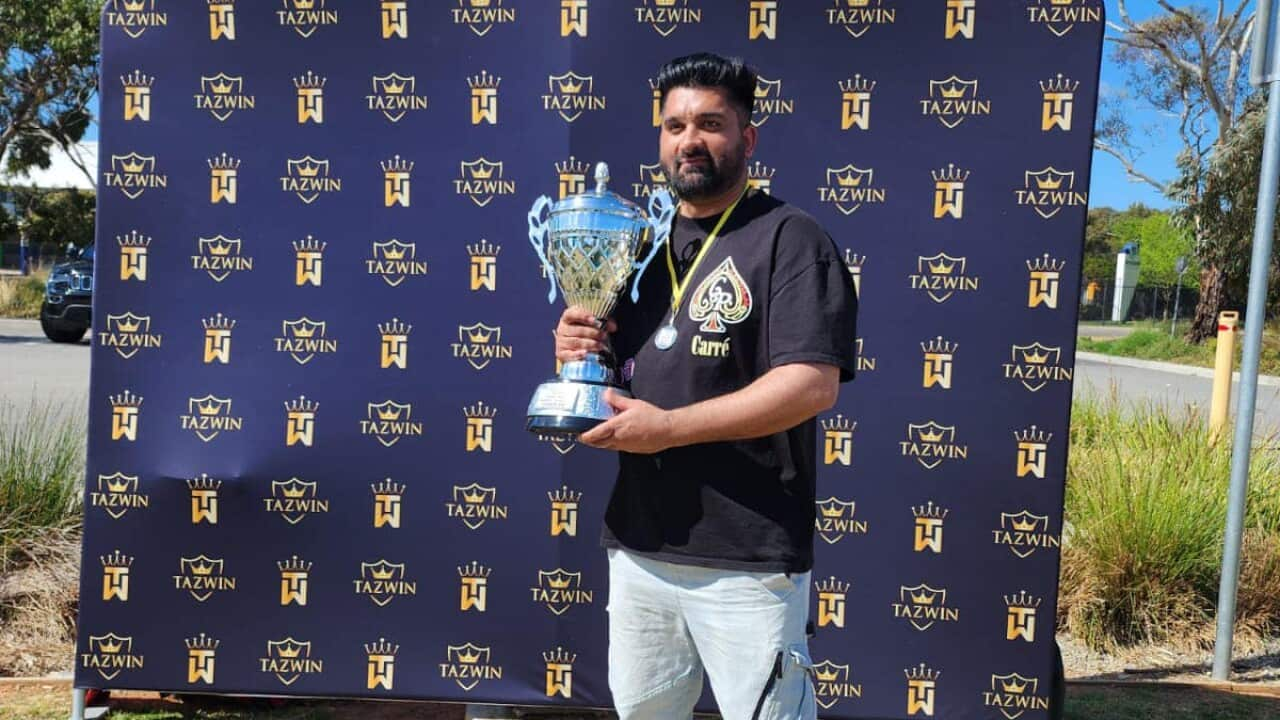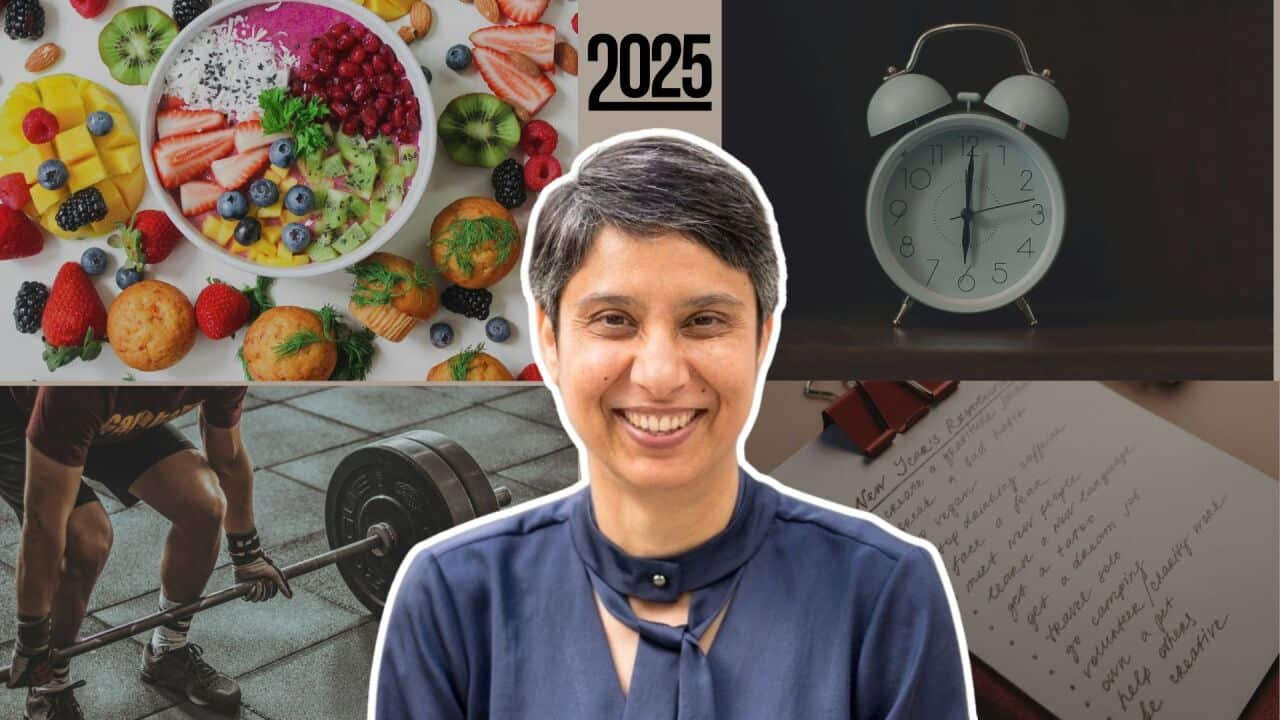According to the ABS, just over 132,000 Punjabi speakers currently reside in Australia. Of them, nearly 58,000 did not state their profession during the 2016 census - which could either mean they are unemployed, or that they chose not to disclose their field of work.
Of the 74,000 who did mention their line of work in the latest Australian census, here are the top 10 professions that Punjabis choose to work in:
1. Automobile Drivers (6,925)
2. Truck Drivers (3,447)
3. Sales Assistants (2,959)
4. Cooks (2,200)
5. Aged Care / Disability workers (2,146)
6. Commercial Cleaners (2,107)
7. Chefs (2,100)
8. Nursing Support / Personal care workers (1,931)
9. Child Carers (1,857)
10. Kitchen Hands (1,634)
The above list is followed closely by Nurses (1,555), Bus and Coach drivers (1,504), Packers (1,367), Delivery drivers (1,330), Security Workers / Guards (1,290) and Couriers /Postal Delivery (1,132).
Statistics also reveal that there are 112 Punjabis in the role of Chief Executive or Managing Director, 182 Managers, 351 General Practitioners, 342 Secondary School teachers, 219 Primary School teachers, 189 Prison Officers, 162 Real Estate agents and 112 Police members.
1103 Punjabis manage Cafes or Restaurants, 957 are Motor Mechanics and 812 are Accountants. As reported earlier by SBS Punjabi, the ABS statistics reveal that - quite literally - with almost 15,000 people working as automobile, truck, bus, delivery, train or tram drivers.
As reported earlier by SBS Punjabi, the ABS statistics reveal that - quite literally - with almost 15,000 people working as automobile, truck, bus, delivery, train or tram drivers.

Sanam Sharma, an HR expert, speaking to SBS Punjabi about the latest statistics from ABS Source: Supplied
Statistics also reveal that 34% of Australian Punjabis are graduates and 21% have completed a post-graduate degree, which is a much higher level of qualification than the general population in Australia.
In an interview with SBS Punjabi, Sanam Sharma, who is an HR manager with a blue-chip Australian company, reflects on the reasons behind these statistics. Click on the audio link above to hear the interview.
More from SBS Punjabi

Census 2016: Presenting a profile of the Punjabi community in Australia











